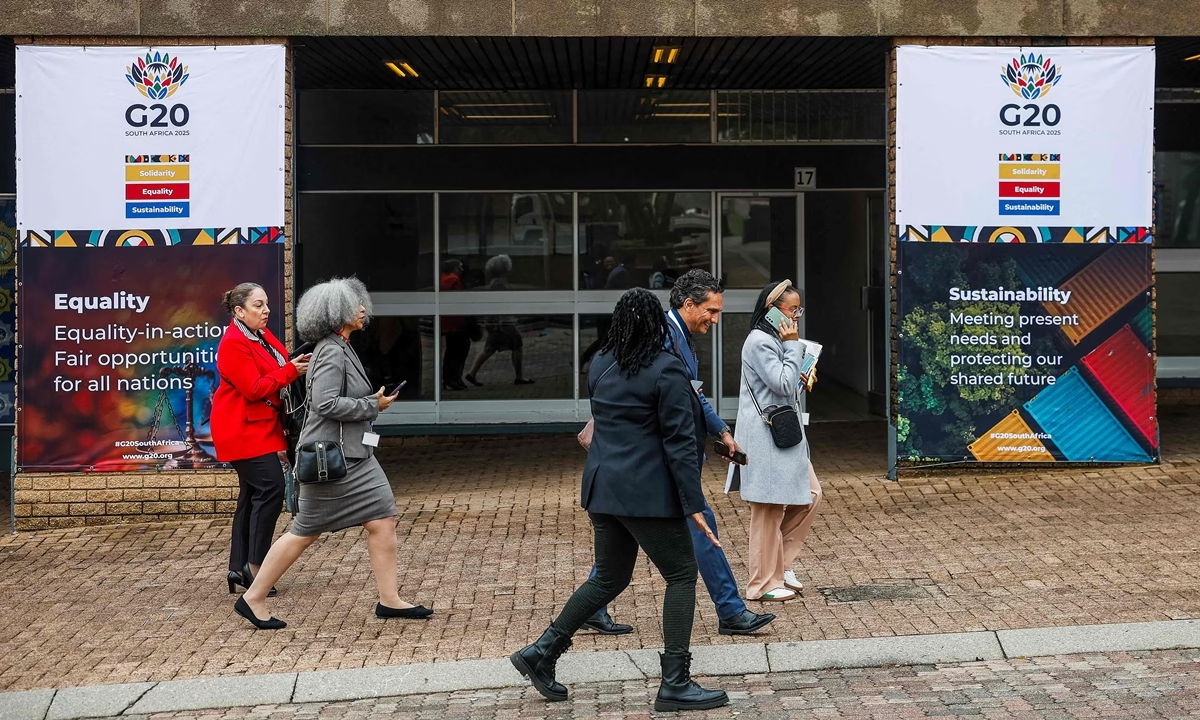In an important development aimed at addressing the ongoing concerns regarding the high prices of sugar in Pakistan, the Ministry of Industries and Production has reached a significant agreement with sugar mills across the country to conduct a third-party audit of sugar production costs. This decision is a response to the public outcry over the rising sugar prices, which have been a point of contention for both consumers and policymakers alike. The move is seen as a proactive step towards bringing more transparency to the sugar industry, ensuring fair pricing, and curbing profiteering practices.
Background of the Issue
Sugar prices in Pakistan have been fluctuating at alarming rates in recent years, causing hardship for consumers, especially in low-income households where sugar is an essential item in daily consumption. The government has repeatedly expressed concern about the soaring sugar prices, which are often blamed on the lack of proper regulation within the sugar sector. While there have been instances of mills being accused of hoarding sugar and creating artificial shortages to hike prices, the industry has often defended its stance by attributing the price increases to rising production costs, including raw material prices and transportation expenses.
Despite several interventions by the government, including imposing price caps and distributing sugar through utility stores, the prices continued to remain high, leading to widespread dissatisfaction. The need for a more systematic and transparent approach to sugar pricing became apparent, prompting the Ministry of Industries to push for an independent audit of the sugar industry.
The Agreement for a Third-Party Audit
The agreement between the Ministry and sugar mills to conduct a third-party audit marks a new chapter in the government’s efforts to ensure fairness and transparency in the sugar market. Under the terms of this agreement, an independent auditing firm will be hired to review the entire sugar production and pricing process, from the procurement of raw sugarcane to the final retail price of sugar.
The audit will focus on several key areas, including:
- Production Costs:
- An examination of the cost of raw materials, primarily sugarcane, and any cost fluctuations.
- Assessment of the costs incurred in processing, packaging, and transportation.
- A detailed analysis of whether mills are operating efficiently or contributing to unnecessary price hikes.
- Pricing Mechanism:
- An investigation into how sugar prices are determined at various levels – from the mills to the wholesalers and retailers.
- Review of the pricing structure and whether it aligns with actual production and market conditions.
- Profit Margins and Accountability:
- A look into the profit margins of sugar mills and their distribution along the supply chain.
- Ensuring that the price increase is justified and that mills are not inflating prices to maximize profits at the expense of consumers.
- Government Subsidies and Interventions:
- A review of any government subsidies or interventions in the sugar sector, including the provision of raw sugarcane or sugar exports, and their impact on domestic pricing.
- Hoarding and Market Manipulation:
- An assessment of whether mills or traders are hoarding sugar or engaging in practices that create artificial shortages to push prices up.
The third-party audit will be carried out by a reputable and independent firm that has experience in auditing industrial sectors, ensuring that the findings are impartial and transparent.
Implications for the Sugar Industry
The decision to conduct a third-party audit has several important implications for the sugar industry in Pakistan:
- Transparency and Public Confidence:
- One of the primary benefits of this audit is the increase in transparency. By having an independent firm assess the production costs and pricing mechanisms, both consumers and the government will gain a clearer understanding of why sugar prices are where they are. This will help rebuild public confidence in the sugar industry, which has been plagued by accusations of price manipulation in the past.
- Accountability of Sugar Mills:
- The audit will hold sugar mills accountable for their pricing decisions. If any mills are found to be inflating prices unjustifiably or engaging in market manipulation, they could face regulatory actions, including fines or other penalties. This will send a strong message to the industry about the importance of ethical business practices.
- Potential Price Regulation:
- The results of the audit could lead to new regulatory measures by the government. If the audit reveals significant discrepancies between production costs and retail prices, the government may introduce stricter price controls or intervene in pricing structures to protect consumers.
- Better Policy Decisions:
- With accurate data on sugar production costs and pricing, the government will be in a better position to make informed policy decisions. This may include revising the tax structure, adjusting subsidies, or implementing measures to encourage more competition in the sugar sector.
- Impact on Sugarcane Farmers:
- The audit could also benefit sugarcane farmers, who often complain about being paid unfairly low rates by sugar mills. By evaluating the entire sugar production process, the audit may highlight the need for better compensation structures for farmers and a more balanced distribution of profits.
Challenges Ahead
While the third-party audit is a positive step towards addressing sugar pricing issues, there are potential challenges that need to be overcome:
- Resistance from Mills:
- Some sugar mills may resist the audit, particularly if the findings threaten their profitability or expose inefficiencies. The government will need to ensure that the audit is comprehensive and that all mills are fully cooperative in the process.
- Implementation of Recommendations:
- Even if the audit reveals irregularities in pricing or production costs, implementing changes based on the findings could take time. The government will need to ensure that any recommendations from the audit are promptly acted upon to bring real change to the sugar sector.
- Political Interference:
- Given the political connections of some sugar mill owners, there may be concerns about potential interference in the audit process. To mitigate this, it will be important for the government to ensure that the audit is truly independent and free from external influence.
Conclusion
The agreement between the Ministry of Industries and sugar mills to conduct a third-party audit of sugar production costs represents a significant step toward addressing the longstanding issue of high sugar prices in Pakistan. By promoting transparency, holding mills accountable, and providing accurate data for future policy decisions, the audit has the potential to benefit both consumers and the sugar industry in the long run. However, the success of this initiative will depend on the commitment of all stakeholders to cooperate fully and implement necessary reforms based on the audit’s findings. The government’s continued focus on transparency and fair pricing will be crucial in restoring public trust and ensuring that sugar remains affordable for all Pakistanis.



